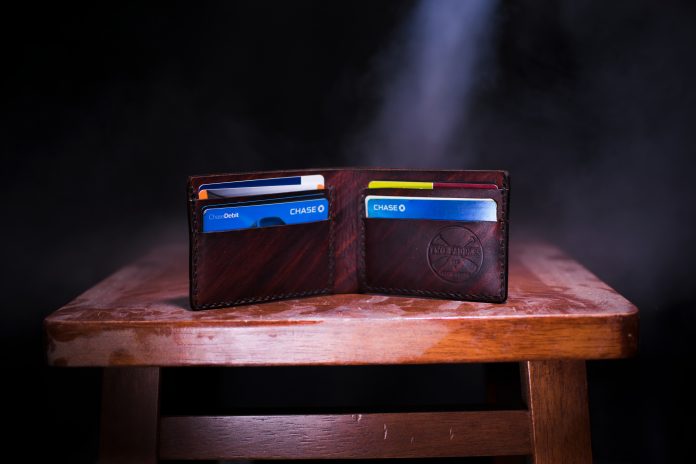Despite the fact that there is plenty of awareness for credit card fraud out there (some examples include this guide from Westpac on avoiding credit card fraud), people still fail to recognize the problem and continue to get fooled.
If you look at sheer numbers, there are millions of people in the United States alone who suffer from credit card fraud every year. And it is not just the person that suffers. Your business and other life aspects could end up in a gutter as well.
Those who want to take extra precautions and avoid ever suffering from the hands of crooks that deal with credit card fraud should follow the tips below. And even if someone tells you that you are too cautious, remind them that there is no shame in being concerned about one’s financial well-being.
Setting Up Alerts
Whenever there is a transaction, no matter how big or small, you should set it so that you get a notification. It will be clear when you are spending the money and get an alert. But if something seems off, you can immediately cancel the transaction and get to the bottom of the problem by calling the credit card issuer. Everything is done on a smartphone these days, so you can get hold of this information immediately.
Destroy Old Cards

This is the oldest method in the book. Simply get rid of the card you no longer use by cutting it in half or using another method. In other words, you need to make sure they cannot work.
As an alternative, you can return the credit card to the issuer and let them handle everything. This method is probably even better, since you will know that the person in charge will do everything properly.
Minimize the Number of Cards You Use
It can get tricky to keep track of every card you own and how much money you spend. Moreover, if you carry them all with you at the same time, imagine what it would be like if you lost your wallet? Or what about not figuring out that one of your cards is missing because you have so many in the same place?
Ideally, you should find a credit card that fits all your needs and stick to it instead of having multiple ones at the same time. It’ll help with more than just credit card fraud.
Never Co-Sign
Children need their parent’s consent before they can get a credit card, before they turn 21. And one of the parents has to usually sign on the card as well.
Before you commit, think about the fact that you could end up exposed to identity theft. It would be more prudent to trust your child rather than risk it. Only the original owner of the card should have access to the information.
Shop More Carefully
We do most of our shopping on the internet, but this is where most thieves are looking to pounce on individuals when they least expect it. While most websites have protection and will require confirmation that you are the original card owner, you can never be too safe.
If you find a great deal but have never shopped in the store before, take extra precautions, like looking for information online or asking someone you know whether they have spent money there.
Wi-Fi Hotspots

Another way for thieves to get hold of your information is through public Wi-Fi hotspots. If you can avoid using them, you definitely should.
Do not expect that public internet will have protection. Hackers know this better than anyone, and even if there are some measures to protect against them, they are useless most of the time anyway.
The Phone
There might be instances when you will have to tell your credit card information on the phone. If you have done this before and are revealing the information to someone you can trust, it is all well and good. However, never give this information to someone that calls you and asks for it. This sort of behavior is extremely suspicious and you should hang up whenever you receive a call of this nature.
Traveling Abroad
Different countries have different cultures, so you need to be wary when you are abroad. Even if the locals seem to act nice toward you, they might have other intentions.
Research about the locations on the internet or speak to a local guide if you are worried. And never reveal sensitive data.
Social Media

People love to share everything on social media. And sometimes you may find yourself in a situation where you have revealed something you did not mean to.
Before you upload a photo on your profile, make sure that it does not have your credit card information or anything similar.
Find a Home-Based Business to Start-Up >>> Hundreds of Business Listings.

















































